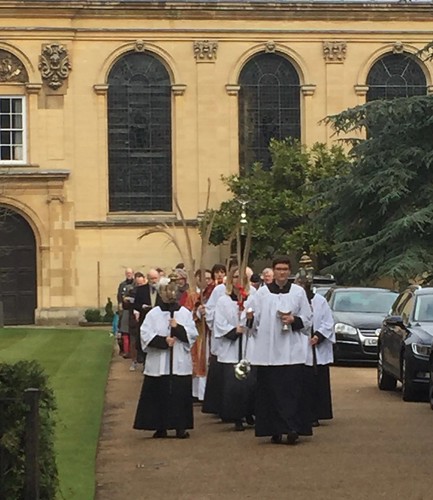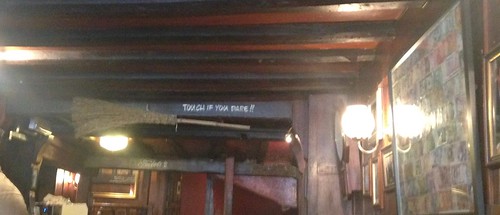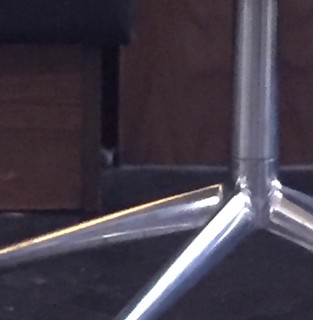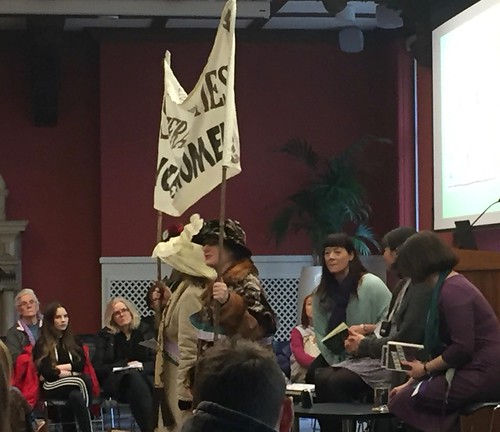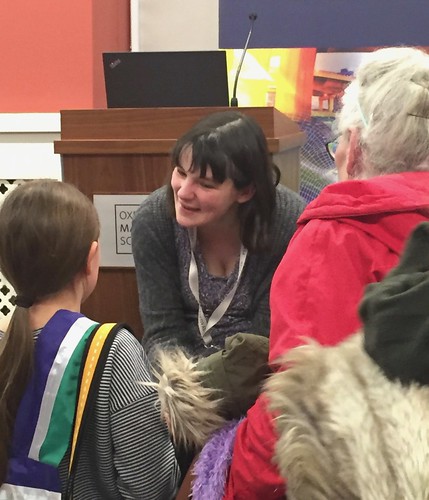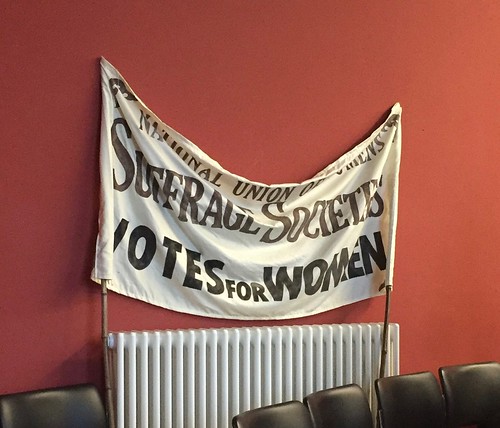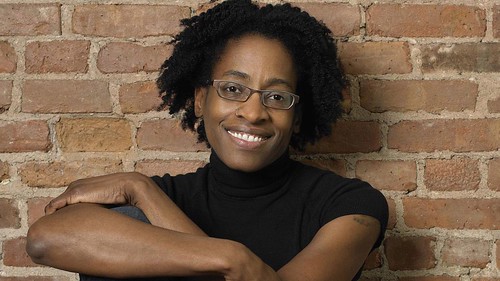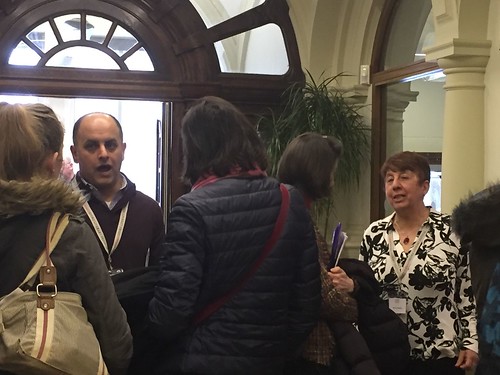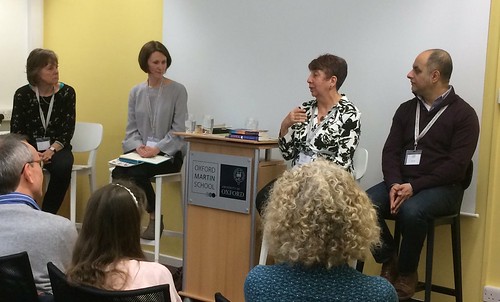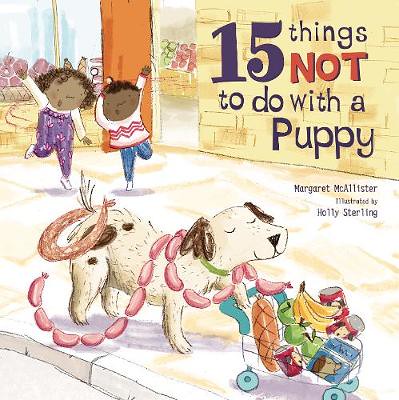I had no idea that you require portals – into other worlds – in this day and age. But your witch has travelled to Oxford, with three intentions; to attend the Oxford Literary Festival for the first time, to meet up with friends and family rarely, if ever, seen, and to be embarrassing to Daughter’s planetary colleagues.

Staying in a real Oxford college, because it is Easter, or very nearly, and rooms are empty. Or would be, were it not for a lot of Chinese and American visitors. A witch still needs connectivity, even when surrounded by romantic, if murderous, daffodils, but found she had been followed by her usual travelling curse. The one where internets and wifis disappear into thin air. But it seems that a part solution can be achieved by finding an untainted website, which will act as a portal. (So far it seems the Guardian works…)
Daughter is here too, with her exoplanet chums. They had a ceilidh the other evening, at the church in Jericho (this feels so His Dark Materials!). I invited myself in, and watched this planetary bunch jump around to the music. You know how girls often have to dance with each other, because there are not enough men? Hah. Here the boys had to dance with boys, because there were too few women. Truly back-to-front, this.

I can’t tell you much about the litfest. Yet. For my part it is resting, midweek. Children’s book events happen at the weekends. So I’ve been relaxing and walking among the college daffodils, watching the gardeners hard at work, making this the best college garden in Oxford, according to my old friend Botany whom I met for afternoon tea one afternoon. Well, I suppose it had to be. Afternoon, that is.
Went back for more afternoon tea the following afternoon, to finally properly meet Linda Sargent, over ten years after I’d been too scared to interrupt her conversation with Linda Newbery, here in Oxford. She’s lovely, and the kind of person who will ransack the shelves of David Fickling, to give away books. And we talked for so long that she practically had to be carried out… 😇
On the advice of another author, Daughter and I had tapas for dinner one night, in the company of a planet person who thinks I’m funny. (You all do, don’t you?) And it’s a small world, because on our very short walk there, we ran into the one relative we have in Oxford, Professor G.
Now all I need is for this not to be an episode of Morse.



